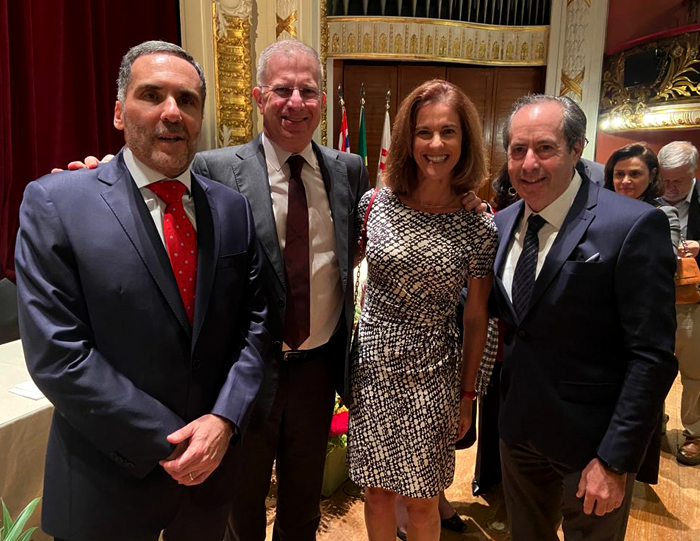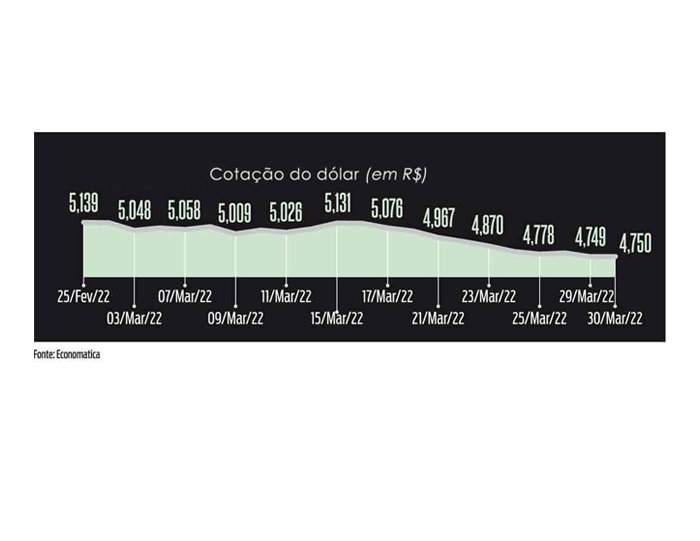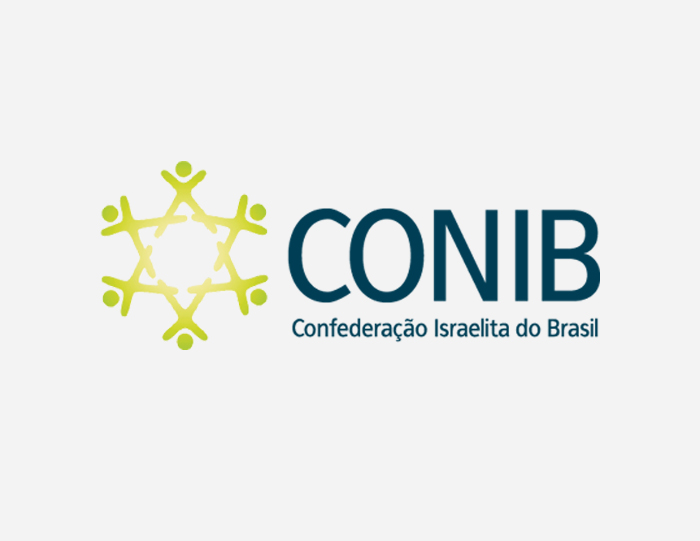By Octávio Aronis, Attorney
I’m often asked by many overseas creditors about where to start when establishing a business relationship with a customer in Brazil. My answer is that it often depends on whether you are going to grant credit, and if so, how much.
If you’re going to provide credit for only a few hundred dollars on each order, then it’s probably safe to say that investing any significant amount of money in your credit research is probably not worth the cost per sale. However, as the amount of credit being granted increases, the amount of research, due diligence, time and money required will increase as well.
Here is my list of best credit practices for your review.
Obtaining a credit report from one of the local credit information bureaus is a quick first step. As all the major international credit reporting companies are providing their services in Brazil by partnering with one or more local credit information companies, usually what they can provide in English is what has been provided to them in Portuguese. However, bear in mind that the financial and legal information that is provided has not necessarily been confirmed.
When looking at the credit report, in addition to the financial and payment data that is provided, we need to take a careful look to see if there are any pending or settled law suits and judgments respectively. Certainly any lawsuits related to unpaid accounts would be a red flag. In order to verify the nature or basis for lawsuits or judgments, a look through the legal public registry can give additional details regarding underlying claims to more accurately understand the reasons they were initiated. Please note that each Brazilian state has its own registry (only in Portuguese) and for your reference, the one related to São Paulo is www.tjsp.gov.br.
Onsite visits can divulge a great detail of information that is not in a credit report. I recently received an inquiry for an onsite visit from a creditor in Europe who is in negotiations with a Brazilian that would like to purchase approximately one million dollars in equipment. Due to the large amount of credit that will be extended, I have been asked to make the initial onsite visit. During my visit I will be able to:
- speak directly with the owners and executive management and get a feel for their honesty and forthrightness
- evaluate the internal and external physical condition of the company
- observe the general atmosphere and activity level of the employees
- visit the local court and inquire about claims, suits, or judgments against the potential customer
- visit local trade suppliers that have been previously provided to verify credit limits and payment history
Moreover, when making an onsite visit, the psychological benefit can’t be overstated. When the creditor’s representative, especially one that is an attorney, makes the onsite visit, the potential customer may feel much more inclined to be above board with information and to resolve any disputes that may arise in good faith.
Doing background checks on the owners is highly recommended. Just as you would research extensively about the customer’s company itself, you never know what red flags could be lurking in the background of the owners or executive management. During my career I have come across owners who not only had several bankruptcies and other civil suits in their past, but criminal felonies as well. In the end, the credit worthiness of any company is ultimately based upon the character of its ownership.
Speaking with the customer’s corporate counsel is key. When doing an onsite visit or talking with a creditor’s customer on the phone, I will often ask if I can speak with their corporate counsel as part of our research and due diligence. Talking directly with the customer’s corporate counsel often allows for the free exchange of information and sets the stage for two attorneys representing their clients to work together in an ethical framework. Should the customer do something that could be interpreted as not in line with the contract, having direct communication to their corporate counsel can often resolve the dispute or issue.
Making sure your documentation is legally enforceable in Brazil. I can’t begin to tell you how many times I receive contracts, purchase orders, invoices, and other documentation with terms and conditions that do not comport to the Brazilian civil code. Always make sure that your important contractual, ordering and billing documentation is in proper legal form and enforceable. Even if your contracts are not in Portuguese, as long as the terms and conditions are enforceable, then with the help of a certified translation, you can begin the process of leveraging your legal rights.
Recap, summarize and confirm decisions in writing. With the increase in the use of televideo conferencing such as Skype, many decisions between parties are made but are not later verified in writing. When claims are submitted to our office, in which amounts or other issues are being disputed, I’ve been told that it was “verbally agreed to.” As you can imagine, verbal decisions or agreements that are not subsequently confirmed in writing with the customer do not strengthen the collection potential of a claim.
Never rest on your credit laurels by a customer who pays timely. The world over, we all can be easily drawn in to our customer who pays timely and appears to be in good financial shape. However, your Brazilian customer’s financial stability today is not a guarantee as to how they will be tomorrow. Taking out quarterly credit reports, asking for annual audited financial statements (if this is possible) and keeping your eyes and ears open through several channels are very important in order to avoid any non-payment surprises.
I hope the above gives you a concise best practice credit framework for doing business in Brazil. Your thoughts, comments, and questions are most welcome.
For any questions or comments about this article or our services, please contact me at octavio@aronisadvogados.com.br.
This article has been edited by Steven Gan of Stellar Risk Management Services, Inc.
All Rights Reserved.









